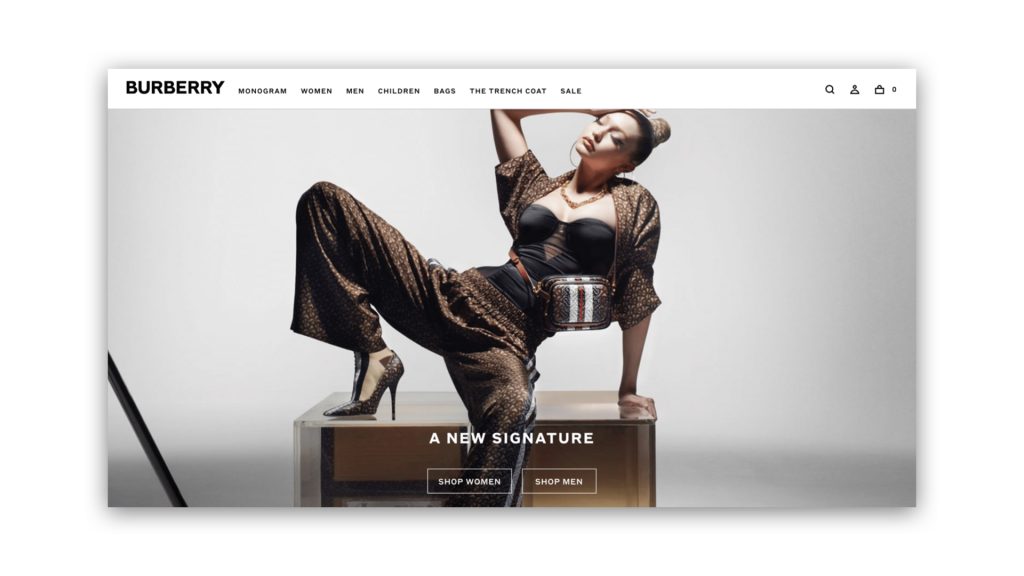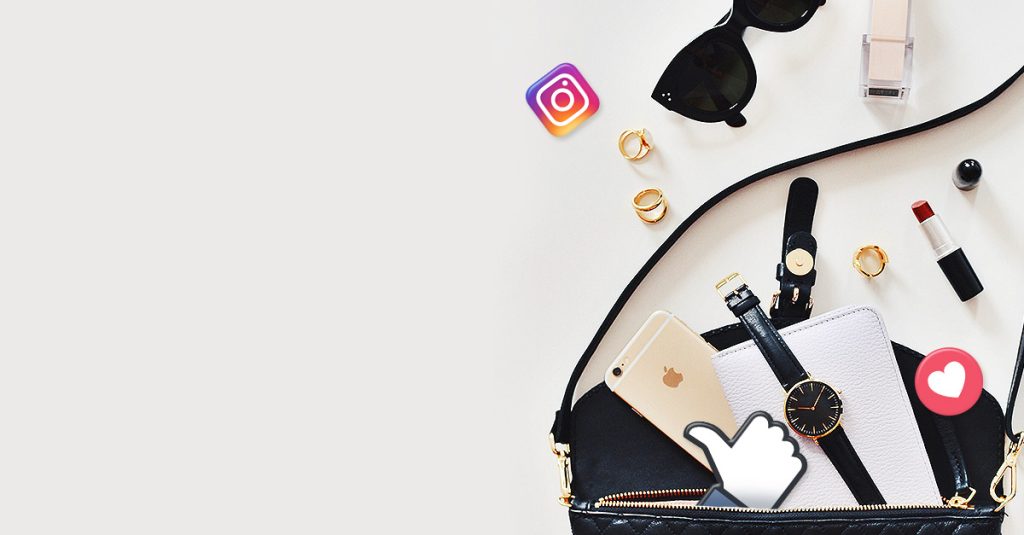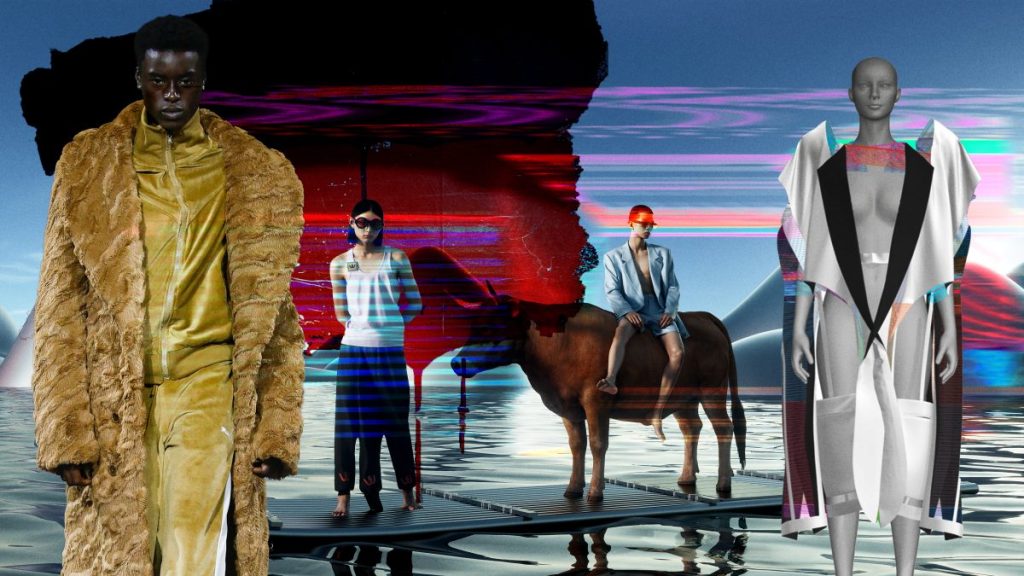Since forever, fashion luxury brands have signaled status and wealth, satisfying buyers’ emotional desires with their high perceived hedonic value. Nowadays, the Internet has become the quintessentially classless mass medium. Consequently, it undermines the exclusivity that defines those brands, creating tension between fashion luxury and social media.
However, more recent studies instead point out that social media can effectively improve a fashion luxury brand’s reputation. For example, it can increase interaction with customers, and stimulate their desire towards fashion luxury products.
In the digital age, the arrival of smartphones, tablets and wearable technologies has structurally transformed consumer purchasing behavior in the fashion luxury sector. Moreover, especially in the wake of the pandemic, this change has been further amplified by the success of social media.
This scenario has created numerous challenges for fashion luxury companies, which need to stay up to date with the new trends and technologies to face a competitive global market in which digital marketing plays a crucial role.

How social media marketing can help fashion luxury brands?
A fundamental digital marketing strategy for fashion luxury is represented by social media marketing (SMM). In non-western markets, studies show how brand social media marketing impacts the customer engagement.
Particularly, they emphasize how important it is for online fashion luxury brands to focus on emotional activities on social media, rather than the level of customer control over the brand.
In this context, a key market is China, where fashion luxury consumers show diversified buying attitudes, mainly online. Social media marketing offers a two-way communication strategy, while involving a low level of corporate control, improving both brand awareness and customer relationships.
This social media marketing strategy includes digital fashion luxury runways and games, enabling dynamic interaction with users, potentially generating a positive Word of Mouth (WOM).

The hyper-personalization and immersive experiences like virtual try-ons, realizable through the implementation of emerging technologies like AI, VR, and AR, have already enhanced social media campaigns.
Moreover, brand tags on social media are increasingly contributing to sharing information about the brand’s identity, reinforcing its visibility through authentic storytelling. Business plans will seamlessly include long-term partnerships with influencers and credible user-generated content (UGC) as primary means of conveying shared values and trust.
In conclusion, more than anywhere else, the effective integration of social media marketing is essential to ensure sustainable growth in the fashion luxury landscape.
